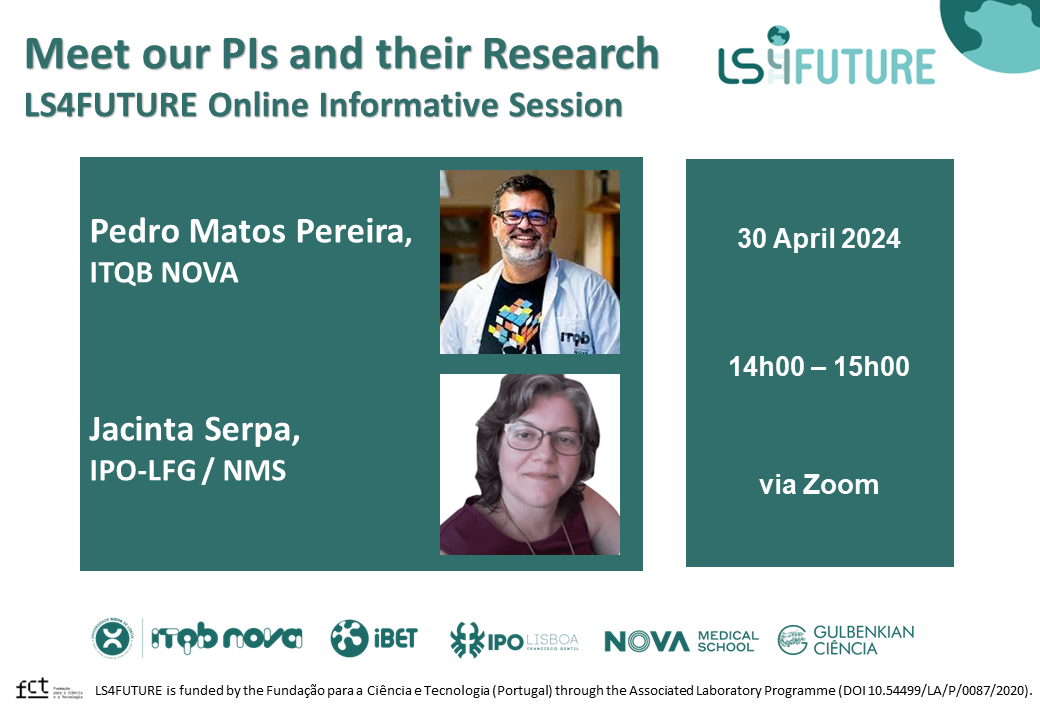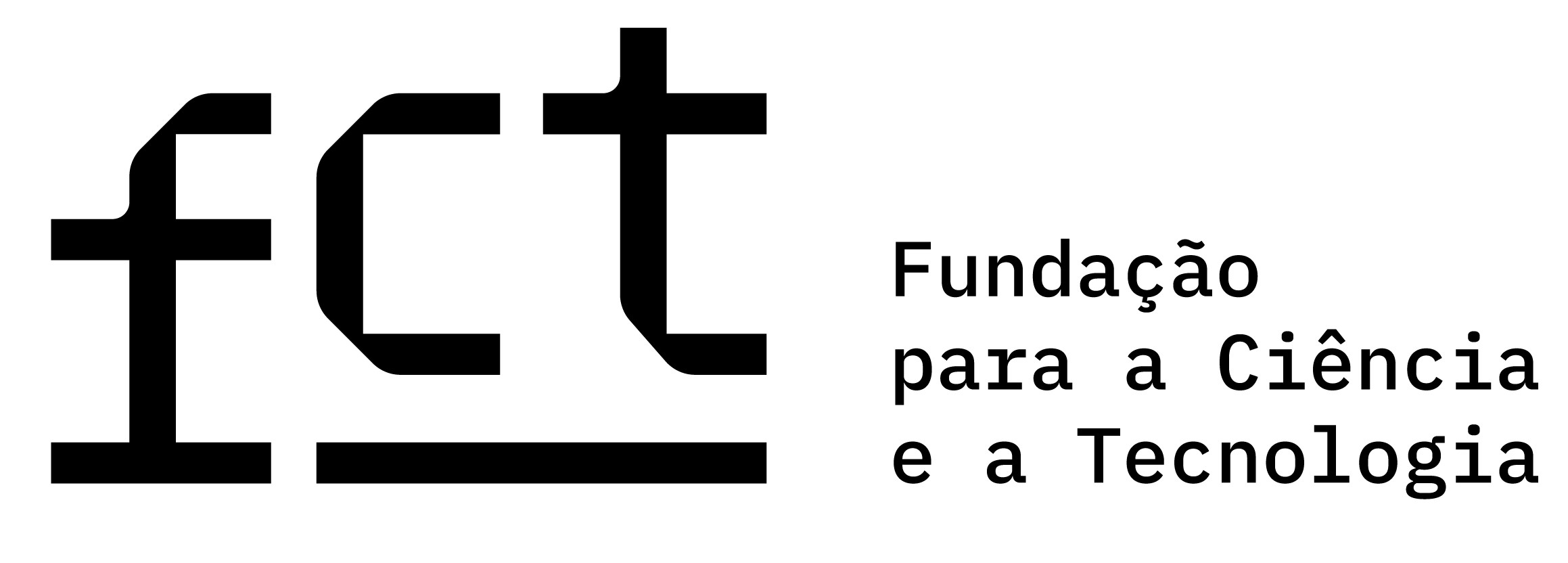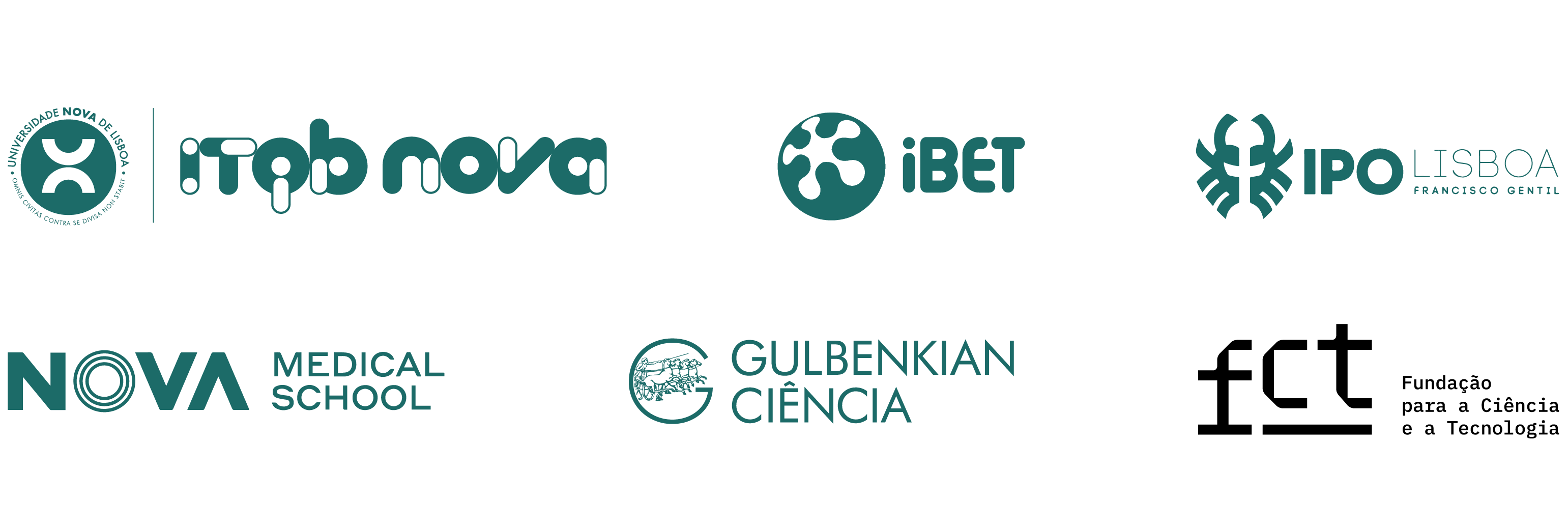Meet our PIs and their Research
Join us for the upcoming “Meet our PIs and their Research” with Pedro Matos Pereira from ITQB NOVA and Jacinta Serpa from IPO-LFG/NMS.
LS4FUTURE Online Informative Session “Meet our PIs and their Research”
April 30th
14h00 – 15h00
As part of our Online Informative Sessions series, we bring topics meant to inform and empower our community, and promote networking. With the “Meet our PIs and their Research” we aim to showcase the diversity of academic careers of the Principal Investigators of the Associate Laboratory and their research questions.
The two guest PIs will introduce themselves, describe their academic journey, and share their current research questions and interests. A Q&A session will follow their presentations.
About our guest PIs:
Pedro Matos Pereira from ITQB NOVA
The Intracellular Microbial Infection Biology (IMIB) laboratory is interested in exploring how facultative intracellular bacteria interact with mammalian cells in the context of bacterial infection and bacterial-viral co-infection (super-infection), using a combination of advanced microscopy approaches, organ-on-a-chip 3D cell system and classical cell biology and biochemistry approaches.
In Europe, the burden caused by antibiotic-resistant bacterial infections is equivalent to influenza, HIV/Aids and Tuberculosis combined. Unsurprisingly, classical bacterial-host interactions (e.g. extracellular and professional intracellular bacterial infections) have been the subject of comprehensive research. However, the bacterial factors important for intracellular infection by facultative intracellular bacteria (e.g. Staphylococcus aureus – S. aureus – or Streptococcus pneumoniae – S. pneumoniae) and how they modulate autonomous immunity are still not fully understood. Further, while bacteria and viruses often occupy the same niches and interact, how this interplay modulates the interaction of facultative intracellular bacteria with host cells is also not fully understood.
Jacinta Serpa from IPO-LFG/NMS
Metabolism is undoubtedly a rediscovered research field and it is certainly a niche of scientific discoveries that will allow the evolution of the knowledge and treatment of diseases, namely cancer.
Metabolism does not consist solely of the intracellular network that shares and provides organic compounds among the various chemical reactions that make up the metabolic dynamics, but also encompasses the extracellular organic and signaling molecules that supplement and mediate stimuli, which regulate the entire metabolic functioning of a cell. In cancer, the tumor microenvironment (TME) impacts cancer cell biology and metabolism.
The research area of Cancer Metabolism And Microenvironment group is cancer metabolism not only the metabolic adaptive features that allow the establishment of a tumor in a certain TME but also the way these metabolic adaptations limit the response to therapy. Our main goal is to take advantage of metabolic rewiring of cancer, in order to design new and more effective therapies.
We look forward to welcoming you to this Online Session.






